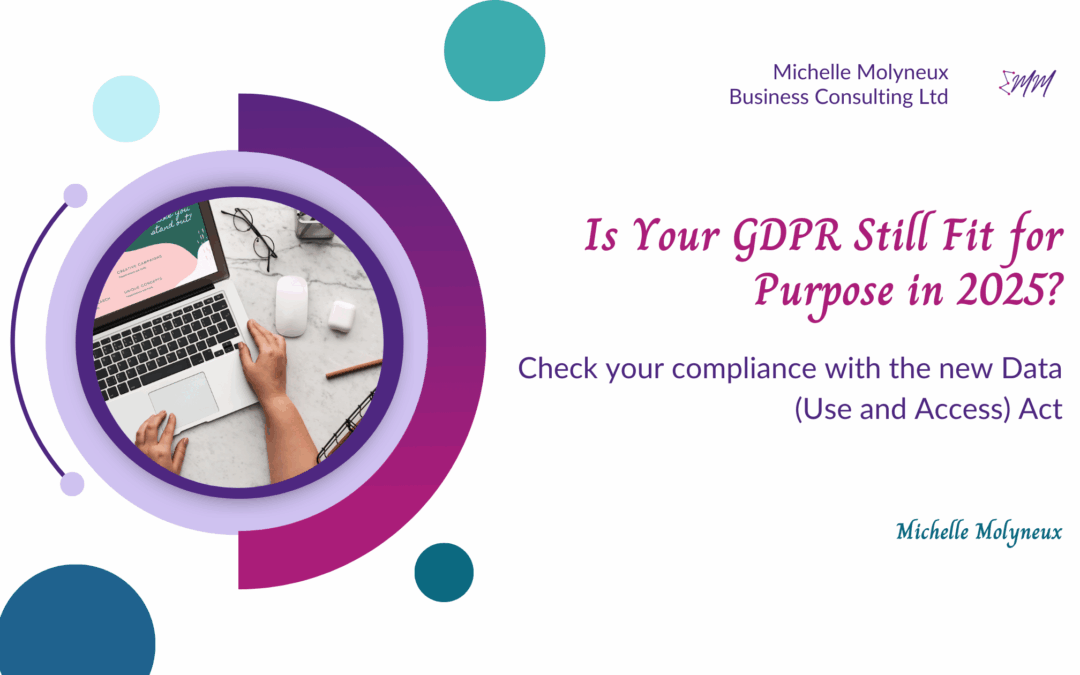
Knowing your data and how to handle it.
It is a sobering thought that every one of us has a long, intricate trail of data in the wider world.
Personal data, including email addresses, names, where we live, our families, friends, employment records, IP addresses… Each trail is specific to us; its contents can identify us.
However, another trail running parallel to the first with much more sensitive data that, in the wrong hands, could be used to target us, such as our medical histories, sexuality and our gender, race and religion.
-All that, and we haven’t even started to mention Social Media profiles…
Cutting through the confusion
Information about your clients, suppliers, employees and other associates or stakeholders is your responsibility. Knowing exactly what that data is, where it is held (off-site, in the cloud or the filing cabinet, for example,) and the lengths of time you are obliged to keep it for are all important legal requirements.

If you run a business, you will handle data just like that listed above and doing so is more of a responsibility than ever before.
It’s a worthwhile task to undertake, for legal compliance obviously, but for other reasons too:
- Upholding people’s rights
- Acting fast to address issues such as data breaches and cybercrime
- Plan more focused, effective marketing strategies
- Your customer relationships and reputation will lift you above the competition
- You get a secure, organised and data-accurate business
Those are just some of the benefits of handling data correctly, but how on earth do you get to that point?
Don’t panic! Help is out there
If you are confused or concerned by issues surrounding the data you hold, don’t worry. You are not the first and are certainly not alone in feeling that way. The first step, the only step that matters at the beginning of that journey towards data handling compliance and peace of mind, is this-
Establishing exactly what data you hold
I can’t stress this enough, every data audit and every conversation with a GDPR specialist such as myself begins with a long, careful look at exactly what data you handle. It is THE most important job on day one…
We can then follow the legal framework and guidelines to ensure it is handled safely and correctly.
The Information Commissioner’s Office (ICO) is another valuable resource offering the help, and support businesses need to ensure data privacy. Their website provides simple-to-understand guides about data protection aimed at SMEs and even checklists and self-assessment tools such as this one.
If your business handles personal data, you should already be familiar with the ICO and the annual data protection fee unless exempt. You can check if the fee applies to you here.
The ICO is a supervisory body that goes the extra mile to offer help and advice to individuals and organisations.
Lastly, but by no means least, there is me! As a certified Data Protection Officer, I can offer the help and support you need to ensure you ‘know your data’ and handle it perfectly.
Why not send me a message or request a call any time? I’d love to help.

